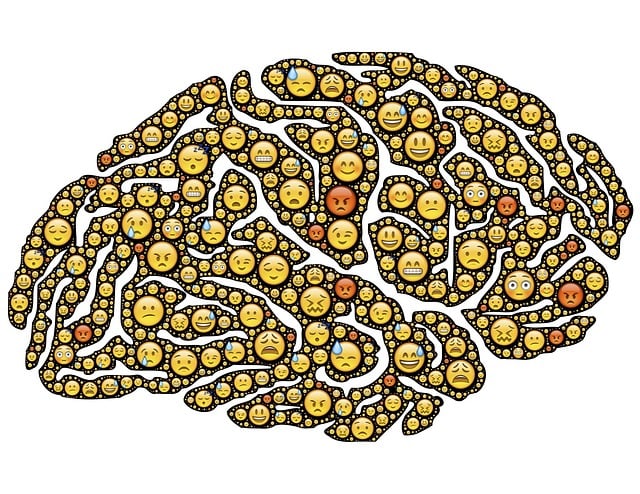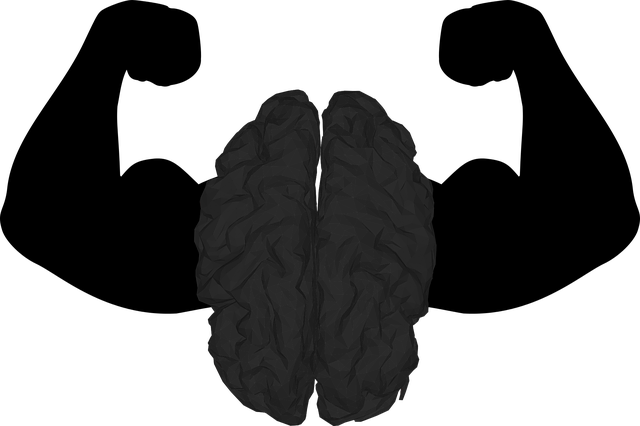Mental health advocacy, exemplified by Centennial Learning Disability Therapy, transforms societal attitudes and enhances support networks for those with mental health struggles. Through holistic initiatives like therapy programs, podcast series, and healthcare provider training, they raise awareness, combat stigma, and lobby for policies ensuring access to quality care. Their focus on resilience through burnout prevention, coupled with tailored interventions for individuals with learning disabilities, empowers participants to embrace strengths while overcoming challenges, promoting both personal growth and community integration. A multi-faceted approach involving education, early intervention, lived experiences, and practical tools like depression prevention and mood management fosters a more supportive and inclusive society.
Mental health advocacy plays a vital role in creating a more inclusive society, ensuring equal access to support and resources. This article explores the power of such initiatives, offering insights into their profound impact on individual lives and communities. We present a case study of Centennial Learning Disability Therapy, showcasing how dedicated advocacy can transform lives. Furthermore, we provide practical strategies for effective mental health advocacy, highlighting key steps to empower individuals and drive systemic change, including the unique approach of Centennial Learning Disability Therapy.
- Understanding Mental Health Advocacy and its Impact
- Centennial Learning Disability Therapy: A Case Study in Advocacy
- Strategies for Effective Mental Health Advocacy Initiatives
Understanding Mental Health Advocacy and its Impact

Mental Health Advocacy plays a pivotal role in shaping public perception and improving support systems for individuals dealing with mental health challenges. It involves raising awareness, challenging stigma, and advocating for policies that promote access to quality care. This includes initiatives like the Centennial Learning Disability Therapy program which focuses on holistic approaches to mental wellness.
Beyond therapy, advocacy extends to various forms such as the Mental Wellness Podcast Series Production, where informative content reaches a wide audience, and Healthcare Provider Cultural Competency Training, designed to equip professionals with the skills to offer empathetic and effective care. Addressing burnout prevention is also crucial; it ensures advocates and caregivers remain resilient in their efforts to promote mental health awareness and support.
Centennial Learning Disability Therapy: A Case Study in Advocacy

Centennial Learning Disability Therapy is a shining example of advocacy in action, demonstrating how targeted interventions can significantly improve mental wellness outcomes. This initiative focuses on providing comprehensive mental health support for individuals with learning disabilities, often overlooked in traditional therapy settings. By tailoring their approach to cater to unique learning styles and challenges, Centennial offers a transformative self-care routine development experience.
Through innovative mental wellness journaling exercises and community outreach programs, they foster an inclusive environment where participants can embrace their strengths while navigating obstacles. The therapy’s success lies in its holistic strategy, encouraging not just personal growth but also community integration. This case study highlights the power of dedicated advocacy efforts in shaping better mental health guidance and accessible Community Outreach Program implementation, ultimately breaking down barriers to support those with learning disabilities achieve their full potential.
Strategies for Effective Mental Health Advocacy Initiatives

Mental health advocacy initiatives require a multi-faceted approach to be truly effective. Firstly, education and awareness campaigns are essential tools for breaking down stigma and promoting understanding. Through accessible resources and open dialogues, communities can foster an environment where individuals feel comfortable discussing their mental health challenges. Encouraging early intervention is another key strategy, as identifying signs of distress promptly can prevent escalation. This involves training professionals in various settings to recognize symptoms and provide support, ensuring that those in need receive timely assistance.
Additionally, involving individuals with lived experiences is invaluable. Centennial Learning Disability Therapy, for instance, empowers individuals to share their journeys, offering profound insights into the complexities of mental health. This approach not only educates but also inspires hope through stories of resilience. Furthermore, focusing on depression prevention, inner strength development, and mood management techniques can equip people with practical tools to navigate their mental well-being. By combining these strategies, advocacy initiatives can create a more supportive and inclusive society.
Mental health advocacy initiatives, such as the case study of Centennial Learning Disability Therapy, demonstrate the profound impact of raising awareness and promoting support. By employing effective strategies like education, collaboration, and personalized approaches, these initiatives can lead to improved access to care and enhanced well-being for individuals with mental health challenges. Advocacy plays a crucial role in shaping public perceptions, fostering inclusive environments, and ensuring that everyone receives the help they need, ultimately revolutionizing mental healthcare.














